Forgiveness Fridays: Untying the Rope by Peter Edman
Forgiveness bringing healing – I love Peter Edman’s post about some of the American Bible Society‘s work in countries affected by war and strife. Read on to be inspired; I love the rope exercise and would have included it in The Living Cross had I come across it before publication!
What does forgiveness have to do with healing after trauma? I think everything.
In recent years, one of my work responsibilities has been supporting the product line for the trauma healing model administered by American Bible Society. The first programs launched in central Africa in the aftermath of the Rwandan genocide and subsequent atrocities in eastern DR Congo. Churches asked for help in dealing with entire populations affected by PTSD and complex trauma.
Fifteen years later and our church and NGO partners have served millions on every continent and nearly 100 countries, addressing not only post-war populations but people overwhelmed by abuse, natural disasters, and trauma from military service, urban poverty, and more. The latest activity reports on my screen are from Nashville, Kampala, Beirut, Manila, Georgetown (Suriname), and Kathmandu.
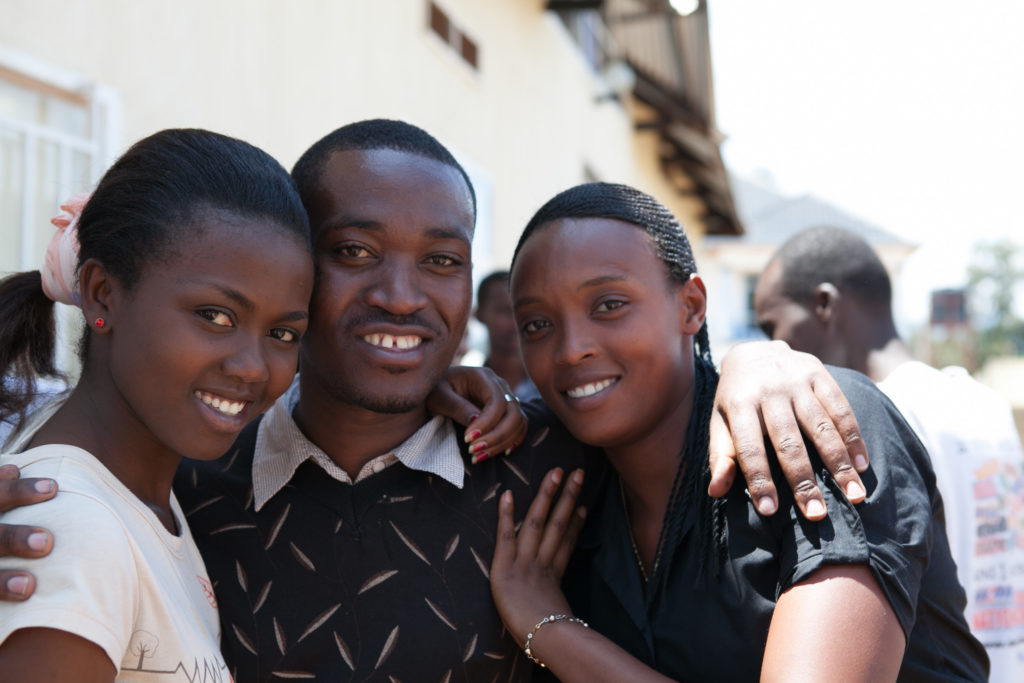
Rwandan students in a Trauma Healing seminar.
Reasons for this cross-cultural uptake seem to include the model’s holistic faith-based approach, its focus on empowering local leaders, and continual refinement after partner feedback. But I credit much of its effectiveness to clear and practical teaching on forgiveness.
I see many trauma healing testimonies and photos, usually from week-long equipping sessions where local church leaders learn to facilitate small groups and apply best practices in mental health in a biblical context. Particularly in places like Congo and more recently in the Middle East, those church leaders themselves are traumatized. They need to deal with their own pain before they can help their neighbors. As your flight attendant says, put on your own oxygen mask first.
Often the testimonies mention the effects of releasing emotional pain through lament or facilitated listening and (for those willing) giving that pain to Jesus. But I’ve noticed that the people who get most out of the program, who make the greatest progress from zombie-like severe PTSD to resilience and flourishing, are those with the courage to take the hard steps toward forgiving their perpetrators.
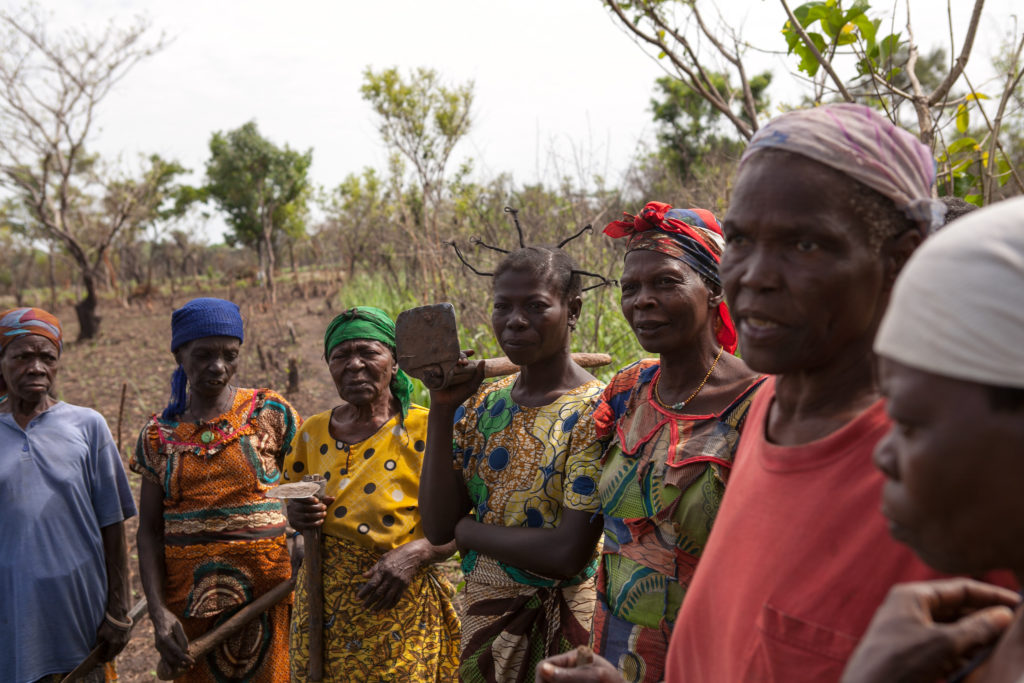
Widows in the Democratic Republic of Congo who have taken part in the program.
I’ve learned that emotions are quite literally energy. In PTSD, our emotional energy is directed inward. We are cut off from relationships, even from ourselves. We’re stuck on a mental gerbil wheel, a cycle of pain, flashbacks, and avoidance. The resulting hyperactivity in the endocrine system leads to aches, heart disease, autoimmune issues, and more. Little energy is left for simple life tasks like bathing and cooking, let alone more relational activities like learning, business, and government.
The same thing happens, less intensely, when we fail to forgive someone who has wronged us. Unforgiveness does not hurt the perpetrator. Quite simply, it hurts us.
A popular part of our program is the rope exercise, a skit about forgiveness. One participant plays the part of someone who has been wronged. She is tied back to back with a participant who represents the friend who wronged her. Then she acts out the instructions: When she takes a walk, or has breakfast, or prays, or sleeps, her friend is there with her. There is no escape without forgiveness. Only she can untie the rope. A variant of the exercise uses a longer rope to tie in all the people she won’t forgive—a parent, a boss, a spouse—until the person is dragging around a small crowd. The exercises are always accompanied with laughter, but nobody misses the point.
One testimony that struck me was from a pastor in Uganda’s Nakivale refugee camp. He had been in the camp all his life, preaching and serving as best he could. After the lesson on forgiveness in our program, he publicly repented for years of bad preaching. He would explain how important it was to forgive—even using the same passage from Matthew 18 that grounds our lesson—but he offered no practical steps to forgiveness and had muddled the definition by also demanding acceptance and reconciliation. So he only made hurt people feel more guilt and pain.
A man in a Burundi prison models how forgiveness can interrupt cycles of violence. He had been sent to prison unjustly. In prison, he had plotted violent revenge on the cousin whose false testimony had convicted him. But understanding forgiveness freed him from bitterness and spared his family further heartache.
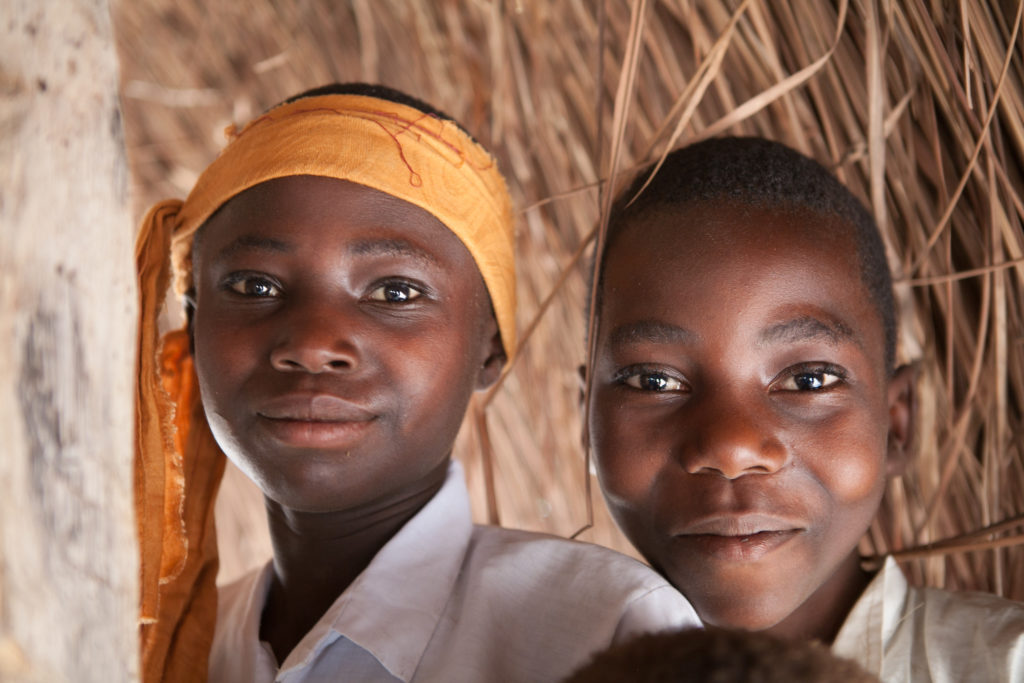 Most of the people we work with have a lot to forgive. But when they find the resources to let go of bitterness, the energy that is released can touch whole communities. In one town in Congo I visited, the many war widows who participated in the program are banding together to support each other. They have formed enterprise cooperatives and launched more than a dozen new churches.
Most of the people we work with have a lot to forgive. But when they find the resources to let go of bitterness, the energy that is released can touch whole communities. In one town in Congo I visited, the many war widows who participated in the program are banding together to support each other. They have formed enterprise cooperatives and launched more than a dozen new churches.
Jesus teaches that we must forgive—but I suspect this command is only a necessary condition: if we cannot forgive, we will not have the capacity to accept the forgiveness and abundant life that Jesus makes possible.
To find out more, visit Traumahealinginstitute.org and As We Forgive and Hope Rising.
 Peter Edman, an editor, is a quality assurance manager with American Bible Society, where he also manages the product line for trauma healing programs now active for adults and children in more than 80 countries and 150 languages worldwide. He lives with his wife and five children in the Germantown neighborhood of Philadelphia. You can reach him at @pledman.
Peter Edman, an editor, is a quality assurance manager with American Bible Society, where he also manages the product line for trauma healing programs now active for adults and children in more than 80 countries and 150 languages worldwide. He lives with his wife and five children in the Germantown neighborhood of Philadelphia. You can reach him at @pledman.
Amy’s book The Living Cross explores forgiveness through a series of daily Bible readings for Lent. You can find out more about it, and how to purchase, here.

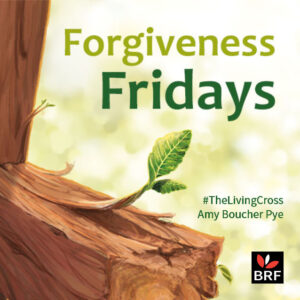




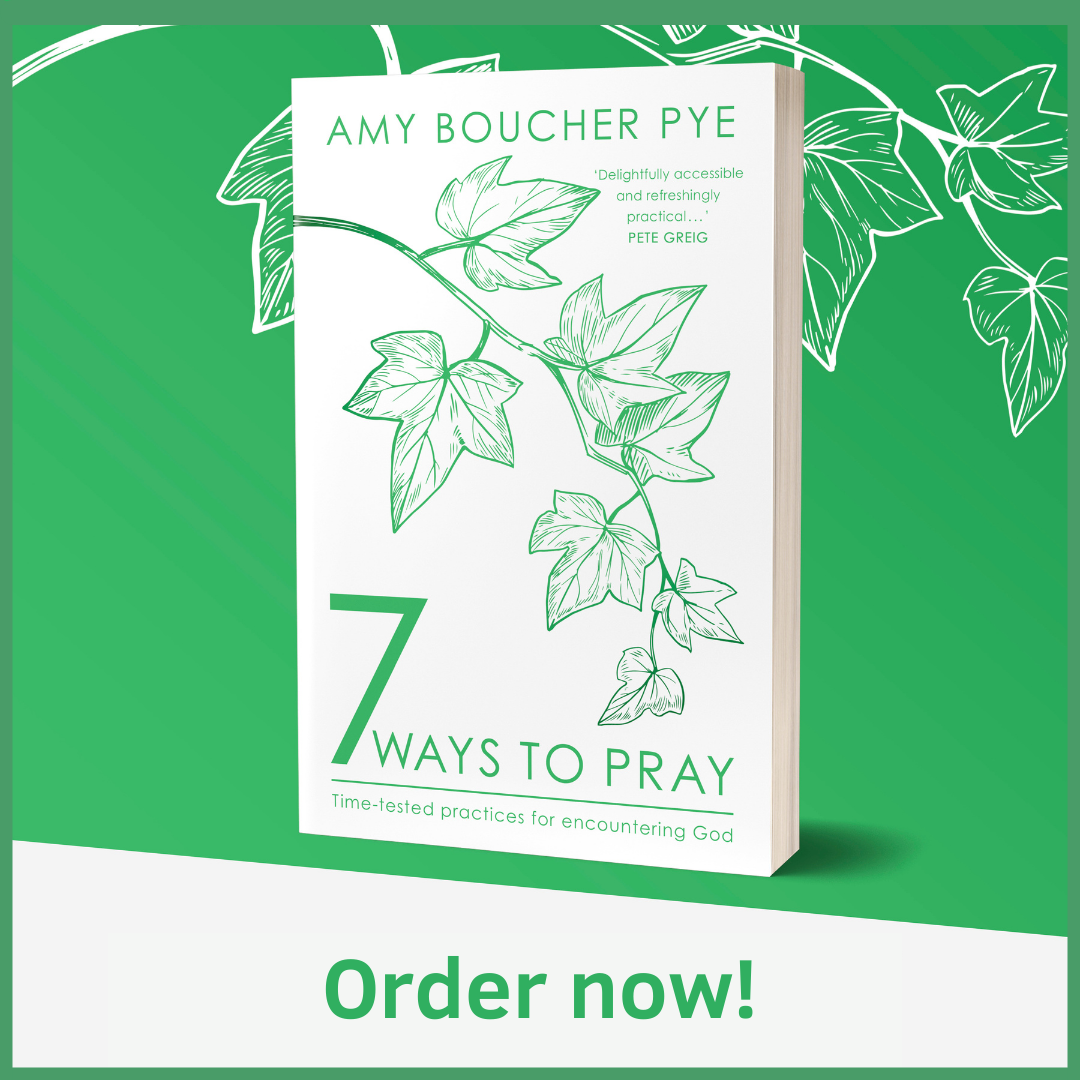
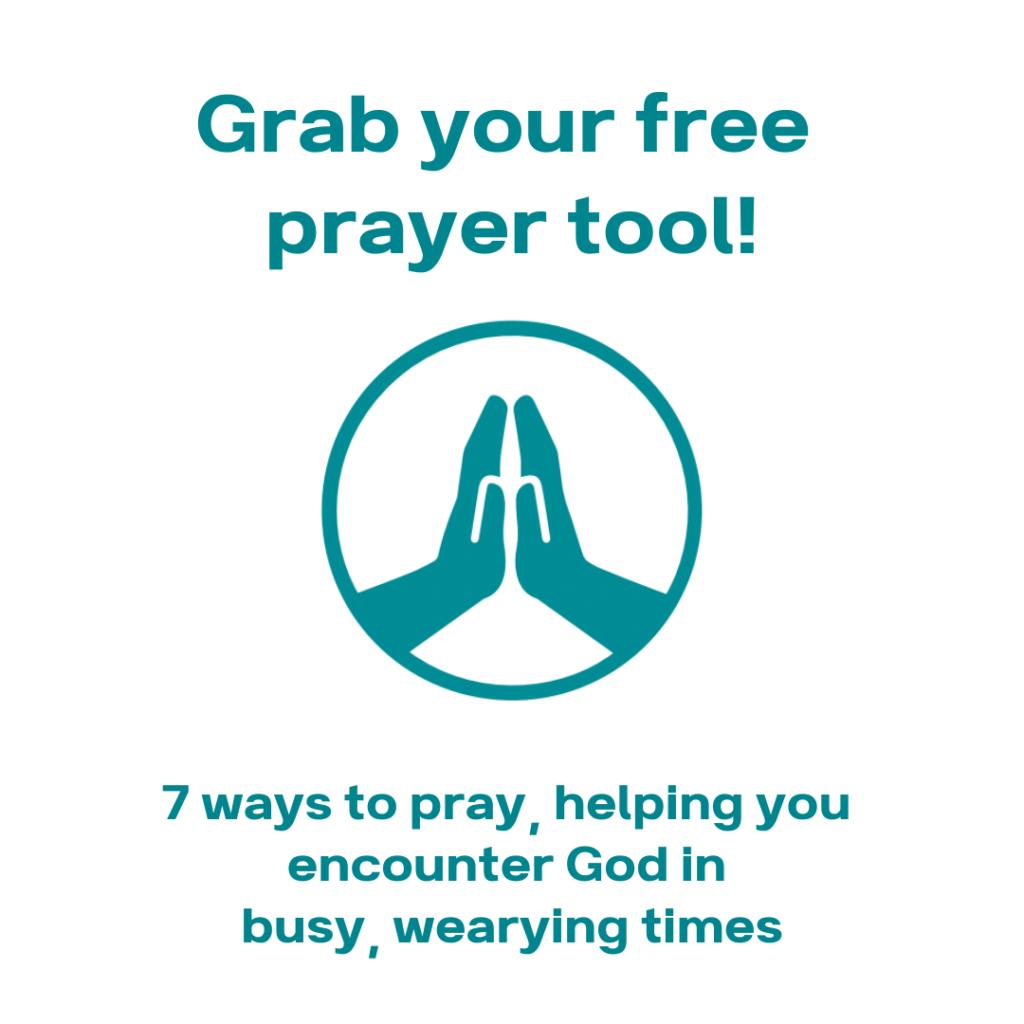
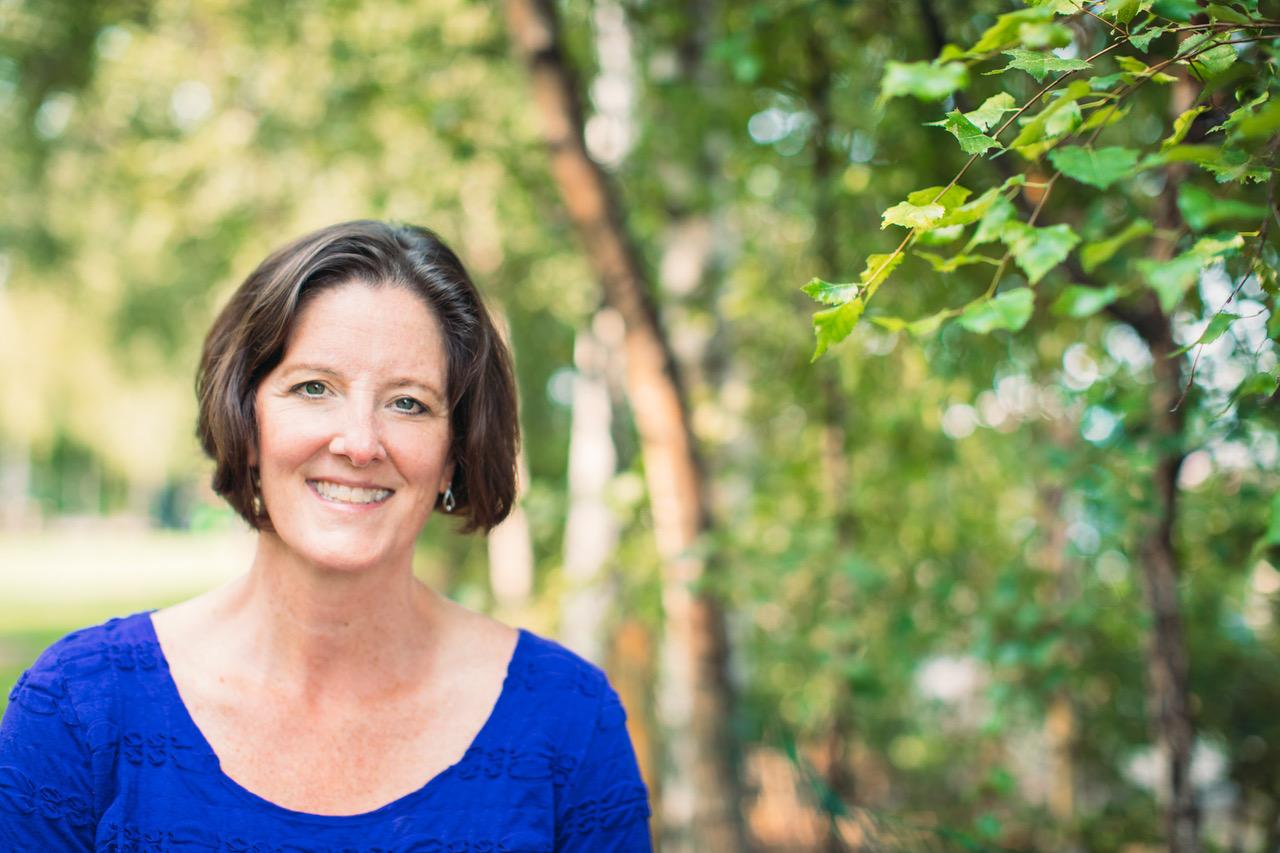 Hello!
Hello! 